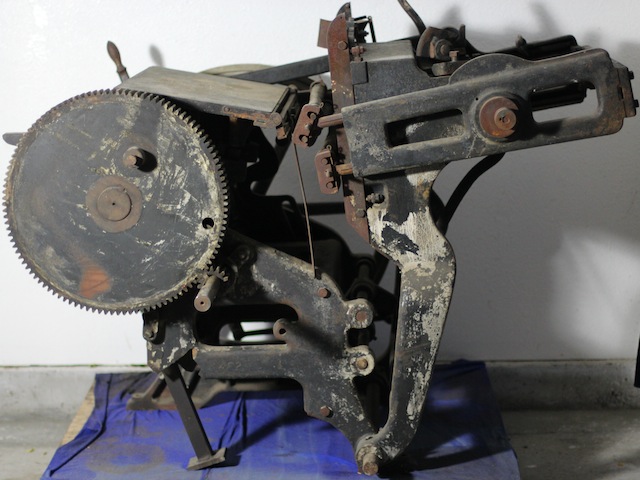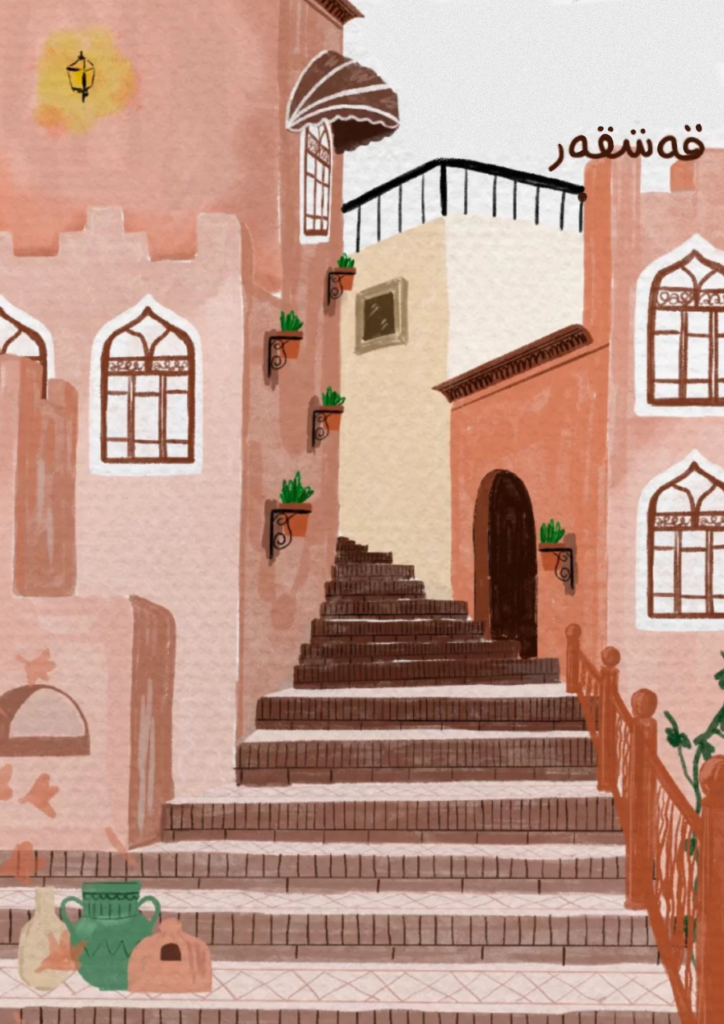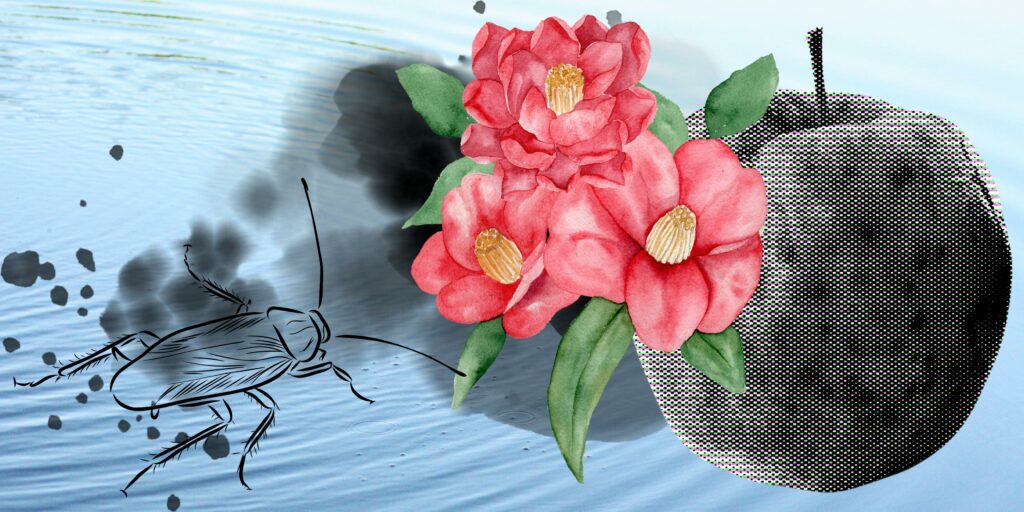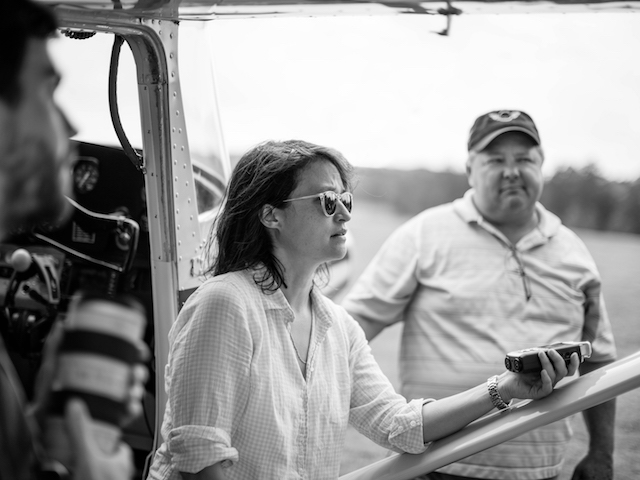Poetic responses to the literature of the Ghadar movement

October 29, 2013
1.
Kartar Kahte
Kartar Singh Sarabha (1896–1915) was a revolutionary and a leading activist of the Ghadar party in California, where he had arrived in 1912. He was among those who left the U.S. in 1914 to fight the British in India. During the struggle, he was arrested and executed for his role in the Ghadar Mutiny. He was 19 years old when he was killed. Bhagat Singh was one of the many who were inspired by Kartar Singh’s dedication to the cause of freedom and justice.
What follows is an original poem by Kartar Singh Sarabha and a tribute I have written in response. The poem Kartar Kahte is my take on what Kartar might have said to the assembly at the Ghadar convergence, had he been around. The poem includes nods to other progressive poets of the Indian subcontinent including Sahir Ludhianavi, Faiz Ahmed Faiz, Kaifi Azmi, and Kishwar Nahid. It is written in the same meter used by Kartar, and ends, as is one tradition in Urdu tribute poetry, with a quote from his poem.
—Ali Mir
jo koi pooche ke kaun ho tum
jo koi pooche ke kaun ho tum
to kah do baaghi hai naam apna
zulm mitaana hamaara pesha
ghadar ka karna hai kaam apna
namaaz-sandhya yahi hamaari
paath pooja bhi sach yahi hai
dharam karam sach yahi hai yaaro
vahi khuda bhi o ram apna
if they ask you who you are
if they ask you who you are
tell them that your name is Rebel
that your occupation is to wipe out tyranny
that your work is to create ghadar (tumult)
that this is your namaaz and your sandhya
that this is the way you worship
that this is your only true religion
that this is your khuda, that this is your Ram
—Kartar Singh Sarabha
[namaaz and sandhya are respectively referring to Muslim and Hindu rituals of prayer,
khuda is the way Muslims refer to god, and Ram is a major Hindu deity]
KARTAR KAHTE
tumhaari saansoñ meiñ jo mahak hai
hai un guloñ ki jo hum sajaaye
tumhaari aankhoñ mein jo chamak hai
hai un diyoñ ki jo hum jalaaye
chalo re humdum, chalo re saathi
qubool kar lo salaam apna
qadam milaao, qadam badhaao
haiñ humsafar ik dagar ke hum-tum
hai inquilaabi payaam apna
badhega zulm-o sitam to dekho
ye mit ke ho jaayega fana aur
lahu jo tapkega bismiloñ ka
to aise ke phir na dhul sakega
chalo re humdum, chalo re saathi
badho aur apne hi haath se tum
uthaao peelo ye jaam apna
na haath jodo, na sar jhukaao
na jaan becho, na rob khaao
garaj rahi haiñ baghaavateñ ab
sulag rahi haiñ ab apni nasbeñ
dhadak rahe haiñ ab apne seene
yahi rasam hai, ye reet apni
ke haareñ zaalim, ho jeet apni
chalo re humdum, chalo re saathi
chalo ke sholoñ mein gul khilaayeñ
chalo ke milkar ghadar machaayeñ
ghadar machaana hai kaam apna
“Jo koi pooche ke kaun ho tum
To kah do baaghi hai naam apna”
KARTAR WOULD HAVE SAID
The fragrance of your breath
comes from the roses we nurtured
The sparkle in your eyes
is a reflection of the lamps we lit
Come with us dear friends, dear comrades
accept our salutations
join us, march in step with us
we are companions on the same path
pay attention to our radical message:
When oppression and tyranny raise their head
They are wiped out of existence
But when the blood of the innocent spills
It congeals, and will not be washed away
Come with us dear friends, dear comrades
reach out with your hands
and raise our goblet to your lips
never fold your hands, never bow your head
never sell your lives, never be intimidated
hear the roar of the uprisings
heed the burning in our veins
listen to the pounding of our hearts
And understand that this is our only tradition:
The tyrants lose, and we win
Come with us dear friends, dear comrades
Come, let us nurture roses in these flames
Come, let us together create ghadar
Creating ghadar is our responsibility
“If they ask you who you are
Tell them that your name is Rebel”
is a professor of management, the co-author of the book Anthems of Resistance: A Celebration of Progressive Urdu Poetry, and an infrequent poet. He occasionally writes lyrics and scripts for “Bollywood” cinema and is currently working on a book about the poetry and politics of Faiz Ahmed Faiz.



